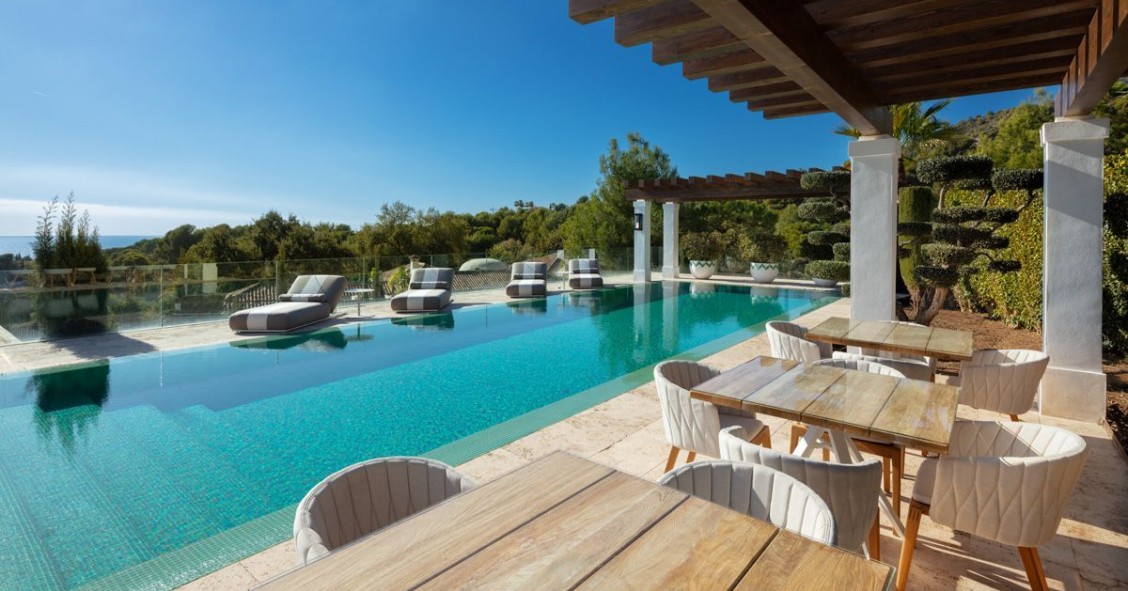
Portugal is accelerating the processing times for applications to the Golden Visa programme – also known as the "visto gold" – following long delays in the processes, which have tarnished the programme's image. The programme offers foreign investors, in certain circumstances, the opportunity to obtain a residence permit in Portugal through investments in specific areas, such as real estate, job creation, or capital transfers.
The programme, formally known as the Residence Authorisation for Investment Activity (ARI) regime, has been one of the most popular residence-by-investment schemes in Europe.
According to Bloomberg, the Agency for Integration, Migrations, and Asylum (AIMA) informed potential investors that it will replace the paper-based application system with a digital one. Currently, there are between 45,000 and 50,000 Golden Visa applications awaiting review, according to data provided by AIMA, and applicants can now migrate their applications to the online system.
“It’s good news for investors,” said Bettino Zanini, an immigration lawyer at FiO Legal in Lisbon, who participated in several group meetings with AIMA to discuss the matter.
The aim of the measure is to help address the backlog of pending cases, the news agency writes, noting that dozens of investors have resorted to legal actions to try to force AIMA to speed up the processing of their applications. Some have waited years to schedule a mandatory biometric appointment, where fingerprints and other personal data are collected.
Bettino Zanini anticipates that, with this new system, AIMA will automatically schedule biometric appointments within 30 to 90 days after candidates complete their online applications, accepting documents not translated into English, Spanish, or French.
The Golden Visa programme, it should be noted, requires individuals to spend about seven days per year in Portugal, and has raised over €7 billion since its creation in 2012. The majority of applicants are Chinese, Brazilian, and American citizens.
In fact, it is a programme that has generated considerable controversy in the country. In March 2023, the Government announced the end of the issuance of new Golden Visas based solely on real estate investments in certain metropolitan and coastal areas, while still allowing other types of investments, such as in venture capital funds or urban rehabilitation projects. This means that some aspects of the programme have been eliminated or restricted, but others remain in effect.
In Spain, for example, the government announced plans to end the Golden Visa programme in April.

